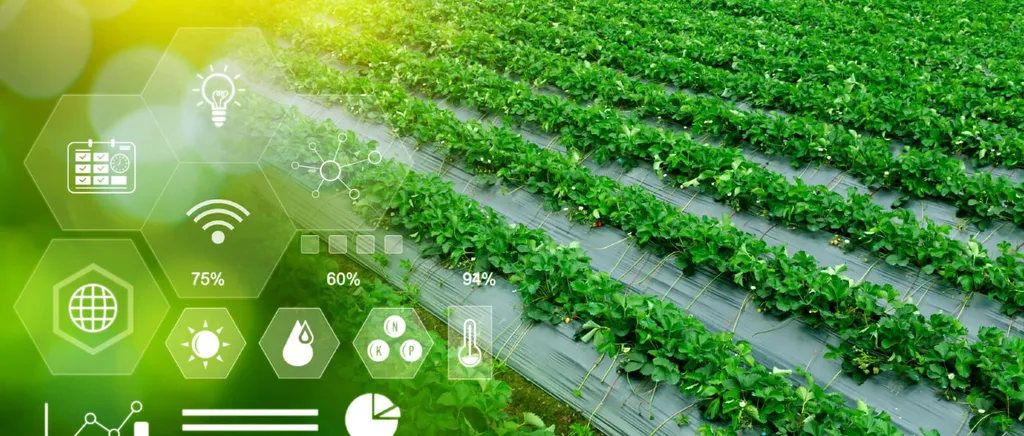The agricultural and food industries are undergoing a significant transformation, driven by technological advancements, sustainability goals, and shifting consumer preferences. As the global population grows and climate change disrupts traditional farming practices, innovation has become a critical factor for success. From the fields to the factory floors, digital tools, biotechnology, and automation are reshaping how food is produced, processed, and consumed.
At the heart of this transition is agricultural technology, or AgTech. Artificial intelligence, robotics, and precision-farming systems are enabling farmers to optimize yields while conserving water and reducing input use. Companies like Deere & Company are leading this charge, evolving from traditional machinery manufacturers to providers of comprehensive precision-agriculture platforms. By integrating connected equipment, analytics, and automation, Deere is creating smarter, more efficient farming systems.
Meanwhile, food innovation is altering how consumers approach nutrition and sustainability. The demand for plant-based, fermented, and lab-grown proteins is on the rise, reflecting growing health and environmental concerns. Beyond Meat, a prominent player in this space, continues to invest in research and development, product reformulation, and international expansion to maintain its market position despite cost pressures and slower category growth.
Technological integration is also modernizing the food supply chain. Blockchain and IoT tracking are enhancing transparency and safety, while automation in processing and logistics is reducing costs and minimizing waste. These improvements are crucial as food companies strive to meet sustainability targets while managing prices in a high-cost environment.
Against this backdrop, several companies are positioning themselves to capitalize on the convergence of agriculture and technology. Three notable examples from the Ag Tech & Food Innovation sector are Tyson Foods, Ingredion Incorporated, and Hydrofarm Holdings Group.
Tyson Foods is strengthening its leadership in food and agricultural technology through a focus on innovation and sustainability. The company’s digital transformation efforts, including automation, smart manufacturing, and data analytics, are improving efficiency, yield, and traceability across protein categories. Tyson Foods is also investing in sustainability-focused ag tech ventures like Future Meat Technologies and Memphis Meats, pioneers in cellular agriculture. By backing lab-grown and alternative proteins, Tyson Foods is preparing for a future where traditional meat production coexists with cleaner, resource-efficient food systems.
Ingredion is making strides at the intersection of agriculture and food science. The company’s clean-label and plant-based ingredients are helping food manufacturers meet the growing demand for healthier, more sustainable options. Ingredion’s collaborations with startups like InnovoPro and Better Juice demonstrate its commitment to advancing ingredient technology. Through its global Ingredion Idea Labs, the company is bridging agricultural science with consumer-driven product design. Sustainability and regenerative agriculture remain core to Ingredion’s strategy, as it works with farmers to enhance soil health, crop yield, and resource efficiency.
Hydrofarm has established itself as a leader in controlled environment agriculture (CEA), where technology, sustainability, and productivity converge. The company has implemented a major restructuring plan to focus on high-margin, innovation-led consumables like nutrients, grow media, and lighting systems. Hydrofarm’s SunBlaster line of LED plant lights is designed for energy-efficient cultivation, catering to both commercial growers and small-scale producers. The company’s nutrient and grow media solutions are gaining traction among indoor cultivators seeking performance and consistency. Hydrofarm is leveraging digital tools to enhance operational efficiency and financial flexibility, diversifying into food, floral, garden center, and e-commerce channels.
As the agricultural and food industries continue to evolve, the integration of technology and innovation will be key to meeting the challenges of a growing population and a changing climate. Companies like Tyson Foods, Ingredion, and Hydrofarm are at the forefront of this transformation, driving progress in AgTech and food innovation.

